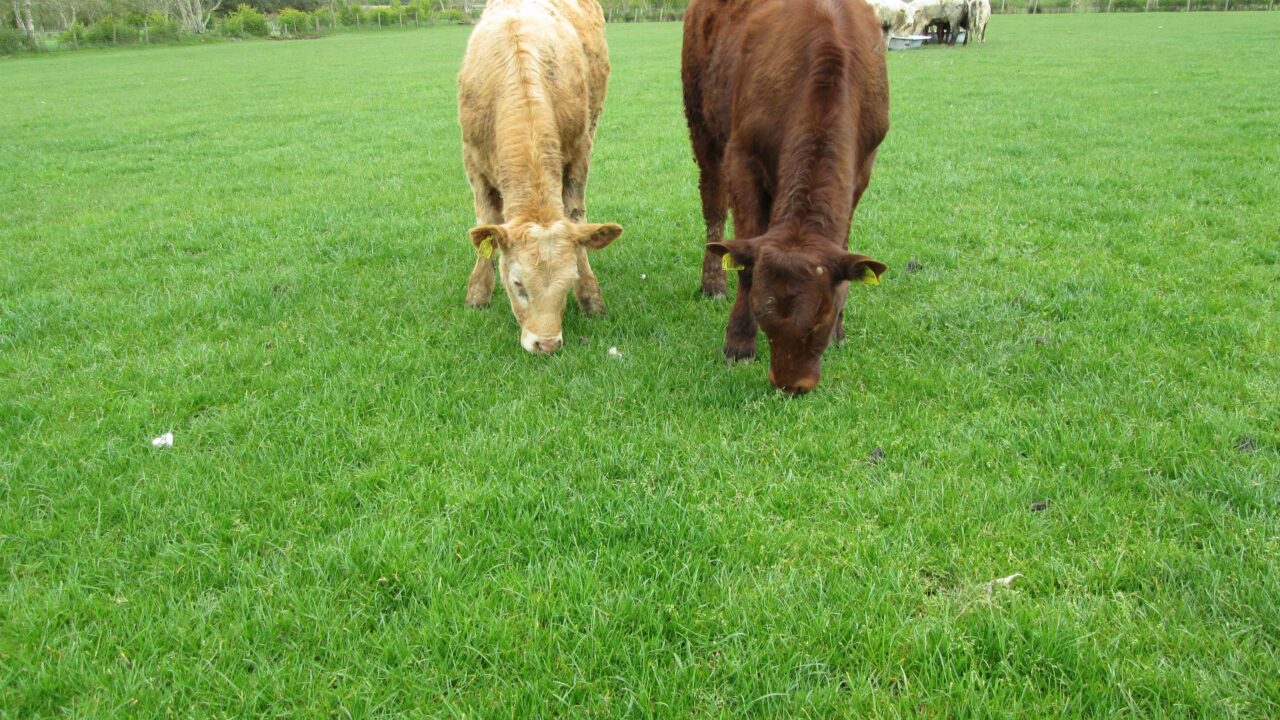According to Teagasc Director Gerry Boyle “the big challenge outside of dairy is whether we can deliver significant genetic gains in beef production”.
Speaking to Agriland recently, he said that genomic selection in the dairy herd had produced significant benefits. “We estimate we have an eight to one cost benefit ratio in the dairy sector from genomic selection. That’s massively important.”
However, he said, the challenge now is to improve genetic gain in the beef sector. Part of that strategy, he said, is to promote the optimal type of cow. To do this, Teagasc has been working with ICBF on a programme in Grange – the maternal index – which is designed to produce a suckler cow that will be fertile and give the calf the best possible start in life in terms of live weight gain, he said.
“It’s more challenging in beef as there are more breeds and AI is not used as frequently.
“The challenge is to sustain that is vital. We know when production was driven fertility suffered and we don’t want to go back to that again. That’s one of the reasons we put in place the next generation herd in Moorepark, to identify the potential of that herd but also alert us to the potential pressure points when you are driving performance from grass.”
He added: “The other area we are promoting actively on the genomes scheme is to extend it to beef area “We have a of things going for us in the country in how we manage our breeding strategy which will stand to us in the longer term.”
He said Teagasc also needs to continue to push the grass message on the breeding of grass, and is very excited about its alliance with Goldcrop which was agreed last year. He said this should see more grass varieties which are better suited to Irish conditions becoming available.
